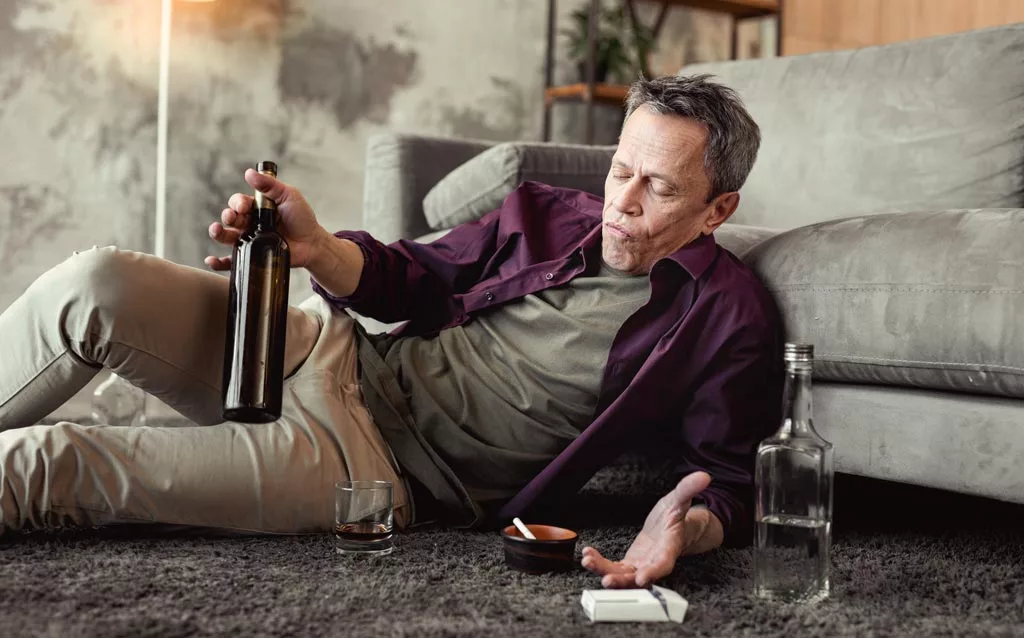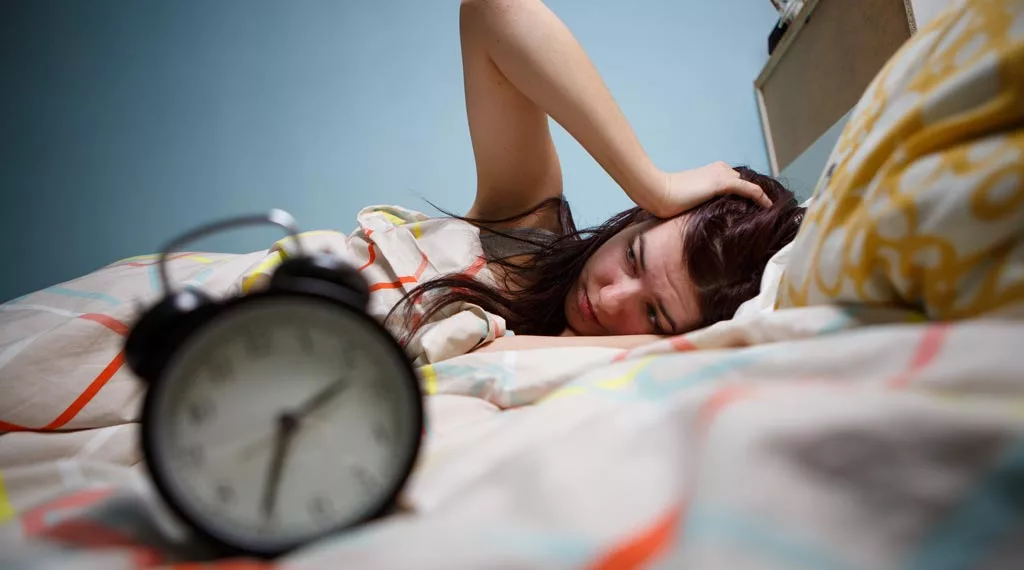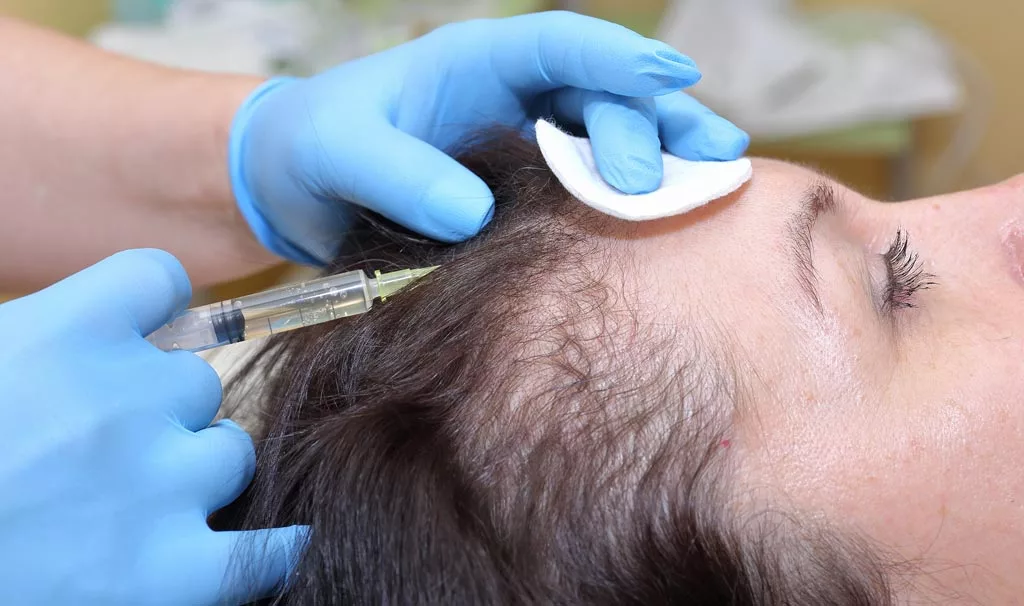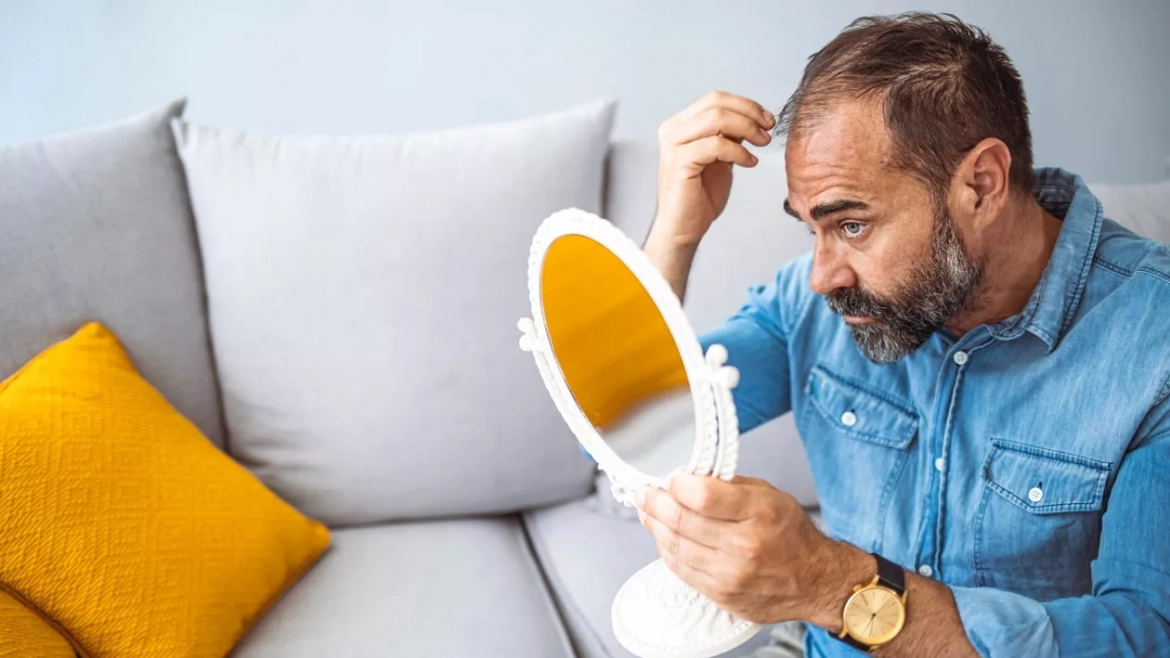Many people are unaware of the fact that alcohol and hair loss go hand in hand, especially when drinking becomes excessive. Alcohol has been found to speed up the balding process because it causes severe dehydration. Dehydrating the hair follicles will, over time, cause hair to thin. Binge drinkers are the most susceptible to hair loss because of the excessive amount of alcohol consumed in short amounts of time.
Males are far more likely to go bald than women due to DHT, or dihydrotestosterone, production being much more prevalent in men. DHT is the hormone that most causes hair-loss. However, with alcohol and hair loss, it becomes an issue that pertains to both men and women. Due to people being ignorant to this fact, it is often ignored by many heavy drinkers.
Alcohol and hair loss is a big enough issue that it has caused people to stop drinking altogether once they notice their hair thinning. Alcohol and hair loss is just another negative side effect, of many, that may be a reason you want to seek treatment to stop drinking. I know I felt like I was dying from the life I was living, so I sought help at All In Solutions. My hair wasn’t my number one concern, but once I learned the consequences drinking had on my head of hair it gave me even more motivation to pursue a life in recovery.
What Causes Hair Loss?
Among the many answers to the question, ‘what causes hair loss’ are aging, hereditary, medical conditions, and of course hormones. Family history is the most common cause of hair loss, and it happens when somebody ages. The main hormonal culprit when it comes to hair loss is DHT or dihydrotestosterone. DHT shrinks hair follicles on the head to the point that hair cannot grow out of them anymore.
Scientists are still trying to pin down all the factors that are the main culprits in what causes hair loss. Medical conditions that cause hair loss can range from many different illnesses to different treatments. Alcoholism itself is a medical condition that directly affects hair loss.
A treatment that is harshest on one’s head of hair is of course chemotherapy and radiation. There are so many different answers to the question, ‘what causes hair loss’ and as we figure out all the causes hopefully, we can also come up with some more solutions.
Smoking, Drinking, and Hair Loss
Smoking and drinking and your hair are all interconnected in that the more you smoke, and the more you drink, the quicker and more likely you are to go bald. A study on PubMed goes into detail about how tobacco smoke is thought to directly affected balding in both men and women.
Smoking is also another factor that leads to dehydration along with alcohol consumption, so the two can compound the effects of the other making smoking and drinking and your hair all one big common problem.
The same study also talks about how the side effect of balding from smoking tobacco can be used to deter young people from smoking. Baldness is one of those things all men fear, so if a man knows that smoking and drinking will speed up the process, he is less likely to smoke or drink.

Hair Loss Due to Alcoholism
Hair loss due to alcoholism is not extremely uncommon. There are many different factors that come along with a life of active alcoholism that can lead to hair loss or even baldness. Poor diet, constantly throwing up, not taking care of one’s personal hygiene, and dehydration are all things that can cause hair loss due to alcoholism.
The lifestyle of an alcoholic is enough in itself to cause some significant signs of hair loss, however, the lifestyle combined with the poisoning of one’s body from the alcohol will absolutely cause hair loss much quicker.
Stress and the Relationship to Your Hair
Stress has always been known to have many different negative effects on the body. Stress and the relationship to your hair is something scientists had thought were related for a long time, but now have some clinical data to back up their hypothesis. According to a study on the National Institutes of Health, stress hormones can cause stem-cell’s not to be able to regrow hair. This study has some other factors that can draw links between stress and the relationship to your hair.
One thing is for certain, and that is that leading a life in active alcohol addiction can be one of the most stressful ways to live. This adds even another layer of reasons alcohol and hair loss are not only related, but alcohol can directly affect hair loss. Stress does so many negative things to the body, and taking out alcohol can lead to a much less stressful life. Give yourself a break and call All In Solutions’ admissions department today.
Stress Reduction
Stress reduction is important for many health factors that affect a person, including their hair health. Quitting drinking can prove to be stressful at first, but living a life in recovery is infinitely less stressful than living in active alcohol addiction. Learning the principles of a 12-step program also help immensely with stress levels. Many of the teachings of AA include incorporating things like prayer and meditation, two things that have been proven to lower stress levels. There are so many health benefits to living a life in recovery, and lowering one’s stress level is just one of them
Poor Sleep Quality
Poor sleep quality can be another reason that hair may begin thinning out, and is related to drinking as well. Sleep is important for all functions of the body, and when a person is never getting the sleep, they need due to constantly drinking, they are missing out on much of the regeneration sleep offers. Sleep is still not fully understood, but scientists agree that it is one of the most important things for our health. When a person fails to get sleep, they begin deteriorating rapidly.
When a person is drinking all the time, they never get enough of certain levels of sleep. This can cause hormone imbalances that can directly affect hair and nail growth. Poor sleep quality is a great indicator of a number of health issues, and with alcoholism at pay as well, sleep is never going to be at the level it needs to be, c0onstantly bringing a person down a cycle they can never get out until they recover.

Malnutrition
Another important factor when discussing alcohol and hair loss is malnutrition. A person who is struggling with an addiction to alcohol is almost always a victim of malnutrition as well. They are most likely getting almost all of their calories from the alcohol and are probably rarely having anything very healthy top eat. All of these things come together to wreak havoc on every facet of a person’s wellbeing.
The body needs fuel to run, and that fuel comes from the calories we consume. A person who is severely addicted to alcohol is likely drinking over their daily recommended calorie count in alcohol alone. All of the most severe alcoholics I have seen eat basically nothing at all. They may snack here and there, but alcohol becomes basically the only thing they are putting in their bodies.
The amount of malnutrition at play here is astounding. Not only is a person not giving themselves any of the nutrition they need to live, they are also poisoning themselves with alcohol. It’s amazing how long I have seen people maintain living like this. When it gets to this point, their hair is most likely the least of their concerns as death may be right around the corner.
What Happens to Neglected Hair?
Like I alluded to before, one of the main ways damages is done to the hair is by way of the alcohol-filled lifestyle. Many times, people either do not have the resources, or are homeless and do not have access to clean water, or just simply cannot properly care for their hair due to drinking. What happens to neglected hair is that it may get very unhealthy because it is not being washed.
According to another study on the National Institutes of Health website says, “shampoo is used to rid the hair of sebum, sweat components, desquamated stratum corneum, styling products, and environmental dirt.” What happens to the neglected hair is that it can be damaged by these things that shampoo is supposed to rid the scalp of. The other problems alcohol causes to your hair, such as dehydration, can again compound with all these other lifestyle problems and leave you with damaged, thinning, and even balding hair.
Can You Reverse Hair Loss From Drinking?
Many people begin to ask the question, ‘can you reverse hair loss from drinking?’ once they begin to sober up and start a life in recovery. The answer is yes, you can absolutely regrow healthier hair if you discontinue the heavy drinking. There are also treatments available that are topical shampoos for growing hair from places that were previously showing signs of balding.
With the lifestyle change that comes along with stopping drinking, combined with the fact that you are not constantly dehydrating yourself with liquor, will immediately begin to have some positive effects on your hair and hair health. Simply going back to a hair care routine may be sufficient in proving you can reverse hair loss from drinking, even without topical hair growth shampoos.
Using anything and everything as motivation to stay sober is always a good idea. If you have started to notice your hair thinning and believe it has to do with your drinking then don’t wait another moment, call a program like All In Solutions to see if they can help you do what so many others have done before you, get and remain sober. Not only will your hair health improve, but I can pretty much guarantee your life will get dramatically better if you do end up stopping drinking.
Treatments for Hair Loss
There are many treatments for hair loss. Some of the treatments include stopping, or slowing down the production of DHT by inhibiting the enzyme that turns testosterone into DHT, which is called 5-alpha-reductase. These drugs are called dutasteride and finasteride. The topical treatment for baldness is a drug called minoxidil. It is not exactly known how minoxidil helps with hair loss, however studies have shown that it absolutely does.
Another of the many treatments for hair loss is called micro-needling. This is the process of taking a very thin needle and poke hundreds of tiny holes in the scalp in order to stimulate dermal papilla, also known as the stem cells, in order to get them to grow new hair. Micro-needling is another strategy that has shown some very promising results.

In Cases of Extreme Hair Loss from Drinking
The last treatment that I will mention, as it is the most extreme, is a hair transplant. Doctors now have the technology to take hair from places that it is still growing healthily, such as the back of the head, and transplant it to a part that is balding. Unfortunately, the procedure is still relatively new, and much more needs to be understood before it becomes a perfect science. A good donor spot of healthy hair is also required, and sometimes the whole surgery becomes a failure and new hair is never realized in the originally balding spots.
These treatments are relatively aggressive in their approach to hair regrowth, and are reserved for extreme cases of balding. If you notice your hair thinning, simply quitting drinking, eating healthier, and making sure to get all of your daily recommended vitamins and minerals may be all you need to regrow healthier hair. If you notice your hair thinning, give yourself a break from the alcohol and see how much it can help you regrow a healthy head of hair.
Recovery from Drinking and Hair Regrowth
Recovery from drinking and hair regrowth can also often go hand in hand. When someone stops drinking, it allows their body to start functioning on a much healthier level, as the body does not have to constantly act as if it is being poisoned and can begin to heal.
With the lifestyle changes that often come along with the decision to stop drinking, improving one’s hygiene, improving one’s diet, and improving the way you treat your body all around can make a huge difference in the way your hair grows. This is the reason recovery from drinking and hair regrowth are often so intertwined.





